Summertime means hotter weather and an increased risk for dehydration. For people living with dementia, dehydration can lead to an increase in confusion, infections, and other serious health problems. As a caregiver, there are several ways to stay hydrated in the Florida heat.
Tips on hydration:
- Always have drinks available and remind your carepartner often
- There are many options that are good for hydration:
- Ice pops
- Pudding
- Jello
- Fruit (Watermelon, Strawberries, Cantaloupe, Oranges)
- Vegetables (zucchini, cauliflower, celery and lettuce)
- Broth and soups
- Skim milk and yogurt
- Use a “special cup” that is their favorite color and has a straw. Make sure the cup is not too heavy or too difficult to hold
- Serve favorite flavors; they will be more likely to drink them
- Don’t stay outside in the direct heat more than 20 minutes at a time on really hot days
- Monitor the temperature of the drinks that are offered. Drinks that are too hot or cold, may hurt sensitive teeth
Why is it important to stay hydrated? - Dehydration can cause you to feel weak and have low energy which could potentially lead to falls. When someone with dementia is not staying hydrated, their confusion may be exacerbated which can cause new and challenging behaviors.
- The kidneys are very dependent on water intake to stay healthy. Dehydration can impact the kidney’s ability to get rid of harmful waste in your blood. There is also the potential that your kidneys may become damaged and not function as well. Urinary tract infections will be more common because urine will be more concentrated as you become dehydrated.
- When you become dehydrated, stool can become hard which makes it difficult to pass. Severe constipation can potentially cause stomach pain, nausea, vomiting, and blockage of the bowels.
- When your body is low on water, you also have less total volume of blood. This can lead to low blood pressure and dizziness. It can also cause a high heart rate, which can give you heart palpitations or make you feel like your heart is racing.
- Someone living with dementia may not be able to articulate the pain they are feeling to let you know what’s going on. It’s important to monitor how much fluids the PLWD is consuming to ensure they do not become dehydrated. As important as it is to make sure the PLWD is drinking enough fluids, it’s just as important to make sure you are remaining hydrated too!


